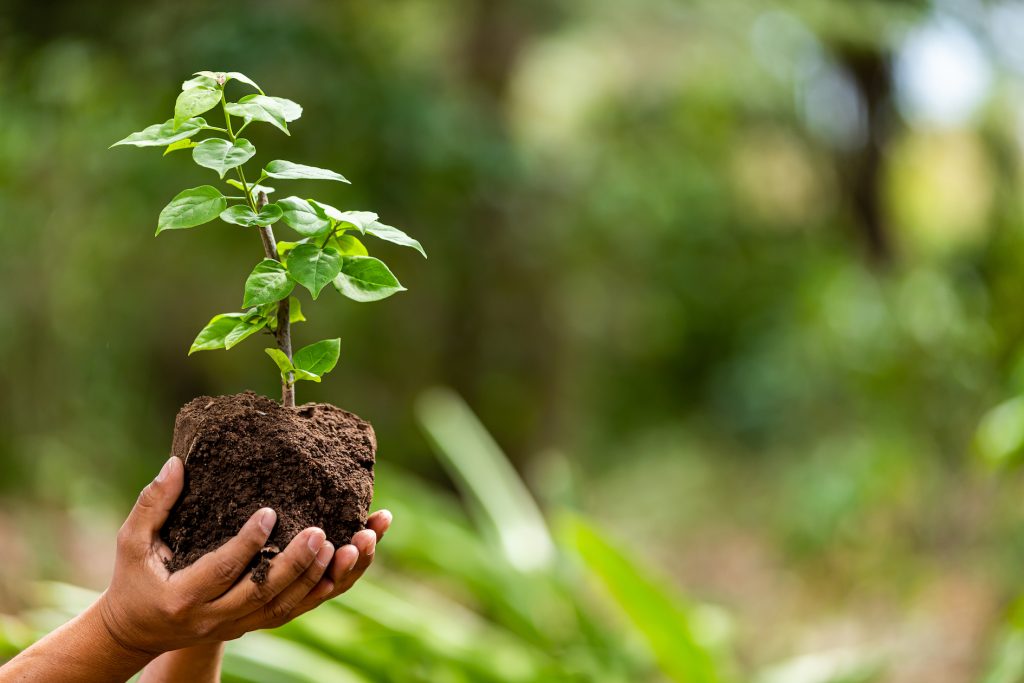Agriculture: The Greatest Rescue of All Time

Until the early 70s, El Salvador was one of the leaders in food production in Central America. The country produced all the basic grains for their own consumption and even exported the surplus. El Salvador ranked fifth among global coffee producers and was one of the largest fruit exporters in the region. However, this prosperous scenario has been damaged over the years due to poor government administrations, which have undermined the productive capacity for small and medium Salvadoran farmers.
Salvadoran Government designed a mega project of 1.29 billion dollars to reactivate the agricultural production of the country and change this reality, aiming at getting back their self-sufficiency and competitiveness in the international market. Among other goals of this project are the opening of opportunities for local and international investors, progress and better conditions for Salvadoran farmers and the creation of around two million jobs.
“This is the time to invest in El Salvador. There is no other country in the world that can offer what we are offering investors right now. We are working on an amendment of the Law on Agricultural Free Zones and creating an Agricultural Ecosystems Law, among others initiative to make this country extremely attractive to investors ”, says David Martínez, Minister of Agriculture and Livestock of El Salvador.
El Salvador's Agricultural Rescue Master Plan is the most ambitious project in the country's history in the agricultural sector. This green revolution was structured with the support of global entities such as the World Bank, the Inter-American Development Bank, the Central American Bank for Economic Integration, as well as the United States Department of Agriculture and the European Union.
The Plan is based on three pillars:
Food sovereignty: the government of El Salvador is investing around 635 million dollars to optimize the production of grains, fruits, vegetables, livestock and fishing. Salvadoran rural producers will receive technical assistance, state-of-the-art technology and loans at attractive interest rates so that the Salvadoran agribusiness can recover productivity, efficiency, and resilience to climatic change, while respecting the environment. The government plans to establish one of the largest meatpacking logistics chains in the region. They also intend to invest in building dairy and seed production units, which should gradually replace imports.
Coffee Rescue: El Salvador used to produce one of the best coffees in the world. In order to regain this prestigious status, 637 million dollars in public investment will be allocated to the local coffee industry, renewing the plantation of more than 50,000 coffee blocks (35 thousand hectares), and for the creation of a technological research institute to improve quality. Final goal is to reach two million quintals (92 thousand tons) of coffee production per year.
Ruralization: for the resumption of Salvadoran agricultural production to be successful, it is essential to guarantee the quality of life of farmers and rural workers. Thus, the government of El Salvador owns several infrastructure projects to transform rural areas into modern, safe places with quality of life. Schools, clinics and hospitals, police stations, courts and libraries will be built, with universal access to broadband internet. The objective is to settle Salvadorans in the countryside, with job options, income and access to services just like in urbanized regions, ensuring well-being, development, and prosperity.
In the short-term, this plan includes the implementation of the National Agricultural Policy, for the industrialization of the country's agriculture in a period of 10 years. Another key point is the creation of the Agrarian Code, which will regulate and grant property deeds to farmers; the strengthening and modernization of the Ministry of Agriculture and Livestock; and the reengineering of state banks, to benefit the agricultural sector.
In the area of security, the government will allocate 120 million dollars to strengthen the rural police. And aiming at developing new agricultural technologies and training new experts in the sector, the government is investing 80 million dollars in the Complejo de Educación e Investigación Agropecuaria (CEIA), a leading academic center for Central American agribusiness, with modern infrastructure and partnerships with universities in the United States and Europe.
The government is also committed to providing technology kits to growers to boost crop productivity. Another 17 million dollars will be used to create home, school and community gardens to increase food productivity nationwide.
This entire agricultural renaissance project in El Salvador could become an attractive option for external private investment. The country is debating a Free Zone Agriculture Law that, added to the new legislation that establishes the Agricultural Ecosystems, which will become a competitive advantage to attract investors. El Salvador will guarantee investors the support of the Ministry of Agriculture and Livestock with a detailed and solid legislation will guarantee and support the investment.


